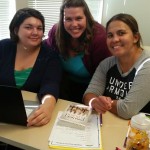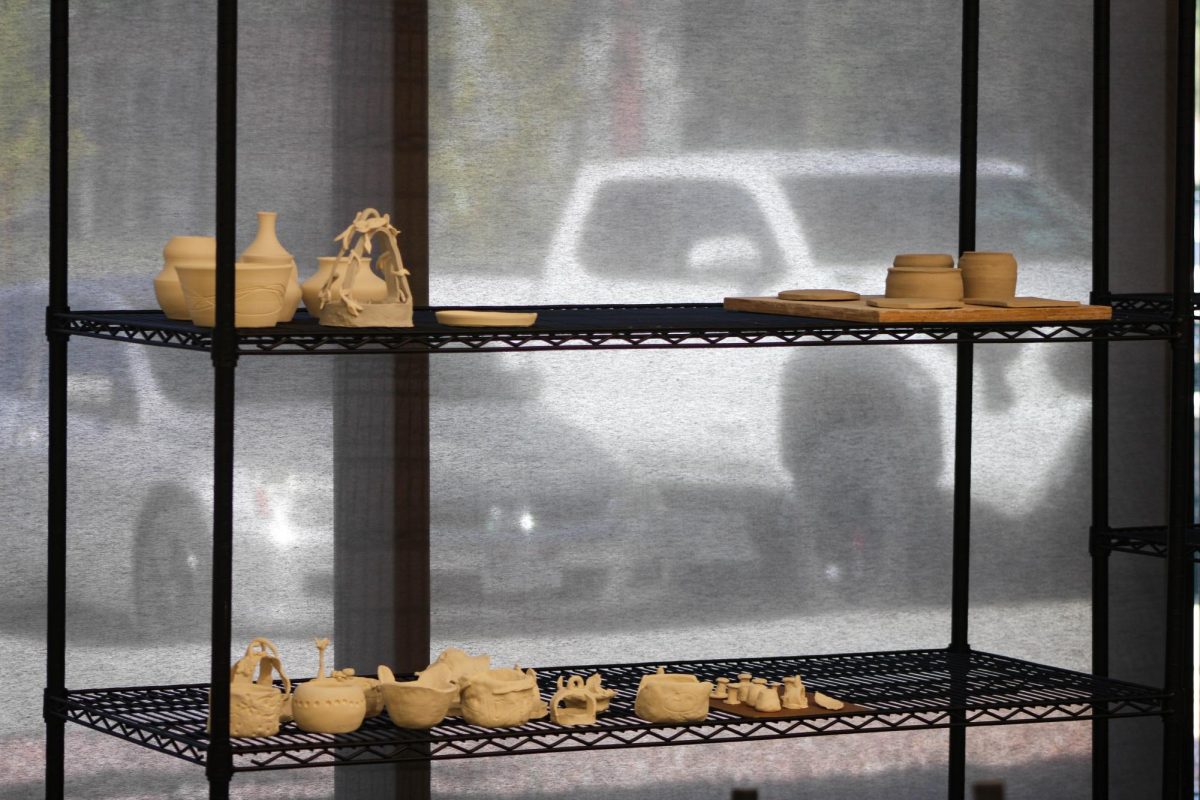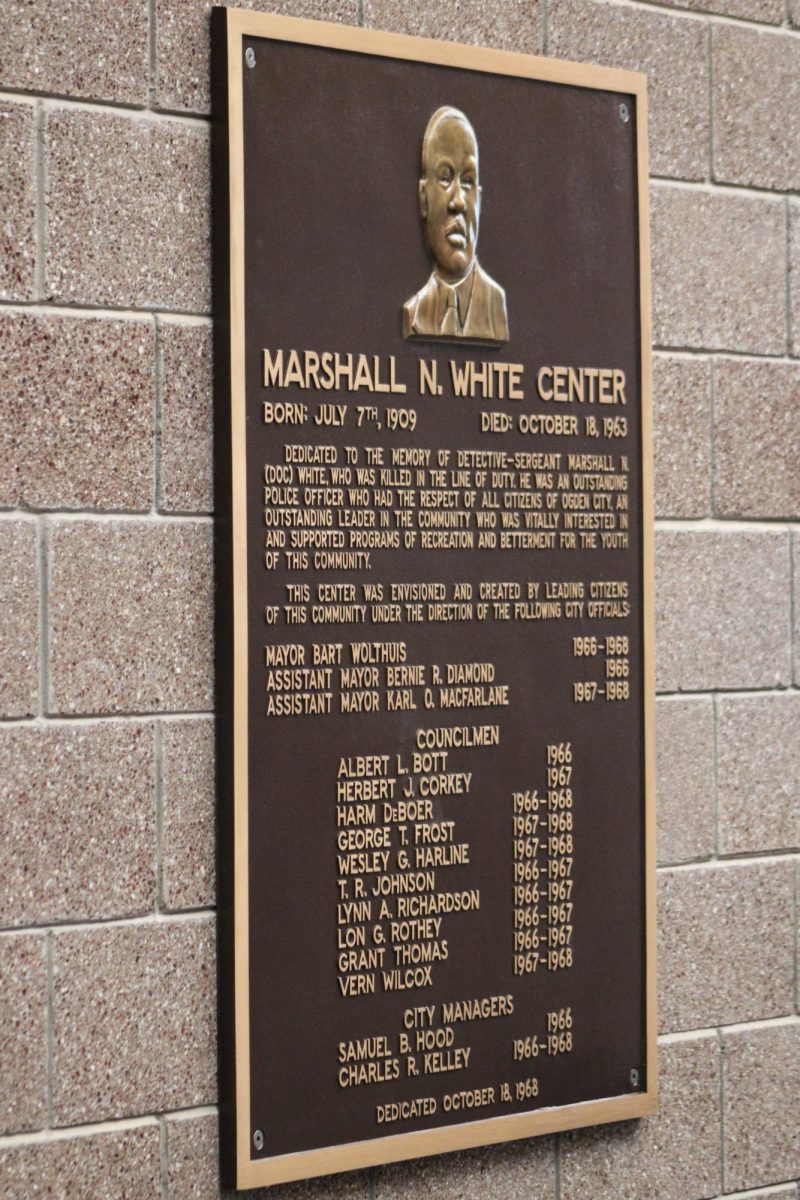Weber State University has developed a new literacy program that provides one-on-one tutoring for drug offenders. The program is designed to help them complete their high school equivalency test and move on to higher education.
Mike Vaughn, WSU’s director of the Center for the Study of Poverty and Economic Inequality, came together with Gina Shelley, an assistant professor of teacher education, to develop a literacy program for Ogden City drug court members.

“This is my first opportunity in an administrative role,” said Shelley. “I have been either a secondary school teacher or a university member for my entire career. In this new role, I have been learning about the different aspects of setting up scholarships, having a budget and working with different departments on campus that I would normally never interact with.”
Shelley is the creator of Project Literacy Instruction to Further Education (LIFE.) To start the process, Shelley spent several months researching and producing a curriculum for seven drug court participants and then gathered seven Weber State student tutors all majoring in education.
“The curriculum I use is based off of the English Language Arts state curriculum,” Shelley said. “Since each student is at a different level, the curriculum has to be flexible enough to be adapted easily to their different abilities.”
Shelley explained that students have lessons in reading strategies, writing, grammar and computer literacy. Students who are preparing for their GED are also tutored in math and science and follow a GED preparation workbook curriculum. Students who are looking to go on to post-secondary education use a separate curriculum that focuses on strengthening their reading, writing and research skills.
“Each week, I teach a 30 minutes lesson to the whole group in one of the literacy areas previously mentioned,” Shelley said. “The last hour is where the tutors work one-on-one with their students on an essay, career exploration, improving their reading, registering for school or classes or preparing for the SAT.”
It is the end of the first semester, and four participants have applied to OWATC, one student applied to Weber State and three other students are preparing to take the GED. Students who successfully completed the program receive a $500 scholarship to use at WSU, the Ogden/Weber ATC or the Davis ATC.
Students aren’t the only ones benefitting from this program, tutors are also getting the experience they need.
“As part of my tutor’s training, I had Dr. Robert Wadman from the criminal justice department price a training about working with individuals who have been in jail or who are involved in drugs and in the criminal system,” said Shelley. “We also had Dr. Paula Fiet from psychology come teach us about drug addiction and what it does to the brain. Those visits were so valuable to my tutors, especially since they may have students who are from homes where the parents are drug addicts, in and out of jail or in extreme poverty.”
Shelley says tutors have also benefitted from strengthening their teaching skills while working with the participants in certain subjects.
“To my knowledge, there really is no other program like this in the entire country where people in poverty or in the criminal justice system can take a free class that is paid for by a local university, to help them get their lives back on track and working toward an educational goal,” said Shelley. “Project LIFE has already shown great results in just a short time. I have great aspirations that this program will only grow and be able to improve and enrich the lives of people who truly want to make a change and have a better life.”








